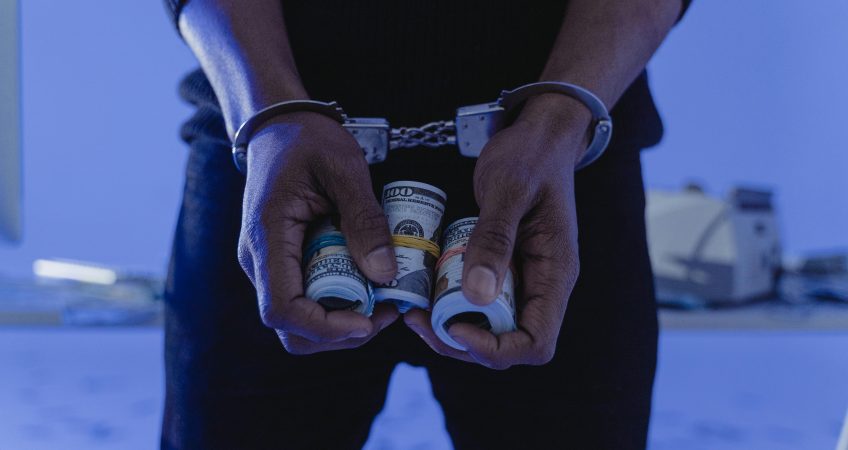
California Penal Code § 475 PC – Possession of Counterfeit Items
California Penal Code 475 PC makes it illegal to possess or receive a forged, altered, or counterfeit financial instrument when you know it isn’t genuine and intend to pass it as real. This includes checks, drafts, money orders, cashier’s checks, traveler’s checks, bank notes, and similar documents. You don’t have to actually use the item to be charged.
The law also covers unfinished or blank checks and check-making materials if you intend to complete them and use them to defraud.
Counterfeiting is treated as a form of forgery in California, and PC 475 is a wobbler—it can be filed as a misdemeanor or a felony depending on the facts and your record. After Proposition 47, many lower-value forgery cases (generally $950 or less) may be charged as misdemeanors absent disqualifying priors.
To convict, prosecutors must show you knew the item was counterfeit and that you intended to defraud. If you reasonably didn’t know it was fake—or possessed it for a non-fraudulent reason—those are key defenses that can lead to reduced charges or dismissal.
What Is Prohibited Under California Penal Code 475 PC?
Under Penal Code 475 PC, it is illegal to:
-
Possess or receive any completed forged, altered, or counterfeit financial instrument—such as a check, draft, money order, cashier’s check, traveler’s check, bank bill/note, or city/county warrant—with the intent to pass it (or help someone else pass it) as genuine to defraud. (Pen. Code § 475(a), (c).)
-
Possess any blank or unfinished instrument—including blank/unfinished checks, check stock, or other incomplete financial documents—with the intent to complete it (or help someone else complete it) and use it to defraud. (Pen. Code § 475(b).)
What Is “Intent to Defraud”?
“Intent to defraud” means you knew the item was fake and meant to pass it as genuine to make someone give up money, property, services, or a legal right. No actual loss or successful use is required—the focus is on your purpose at the time you possessed or received the item.
Examples covered by PC 475 (intent to defraud required):
-
Completed counterfeit items: forged/altered checks, money orders, drafts, cashier’s checks, traveler’s checks, bank notes, and city/county warrants or orders.
-
Unfinished items: blank or partially completed checks, check stock or templates, and unfinished money orders or similar documents intended to be completed and passed as real.
Elements of a Penal Code 475 Violation
To convict you under California Penal Code 475, the District Attorney must prove every element below beyond a reasonable doubt. If the prosecution fails to prove even one, a conviction cannot stand.
-
Possession or receipt.
You had the item—on you, in your car/bag, or otherwise under your control—or you received it from someone else. -
Covered instrument.
The item was either a forged/altered/counterfeit financial instrument (e.g., check, draft, money order, cashier’s check, traveler’s check, bank note, city/county warrant) or blank/unfinished check stock or similar document intended to be completed and used. -
Knowledge.
You knew the instrument wasn’t genuine (or, for blank/unfinished materials, knew they were meant for fraudulent use). -
Intent to defraud.
You intended to pass the item as real, help someone else pass it, or complete it and then pass it to get money, property, or services. A successful cashing or actual loss isn’t required.
What Are the Penalties for PC 475 (Possession of Counterfeit Items)?
In California, this offense is a wobbler—it can be filed as a misdemeanor or a felony. After Proposition 47, cases involving $950 or less and no disqualifying priors are generally treated as misdemeanors.
Misdemeanor:
-
Up to 1 year in county jail
-
Up to $1,000 fine
-
Summary probation possible
-
Restitution and court-ordered conditions
Felony:
-
16 months, 2 years, or 3 years in county jail
-
Up to $10,000 fine
-
Formal probation possible
-
Restitution and court-ordered conditions
Collateral consequences: immigration issues (fraud can be a CIMT), professional/licensing problems, background checks, and probation/parole impacts.


